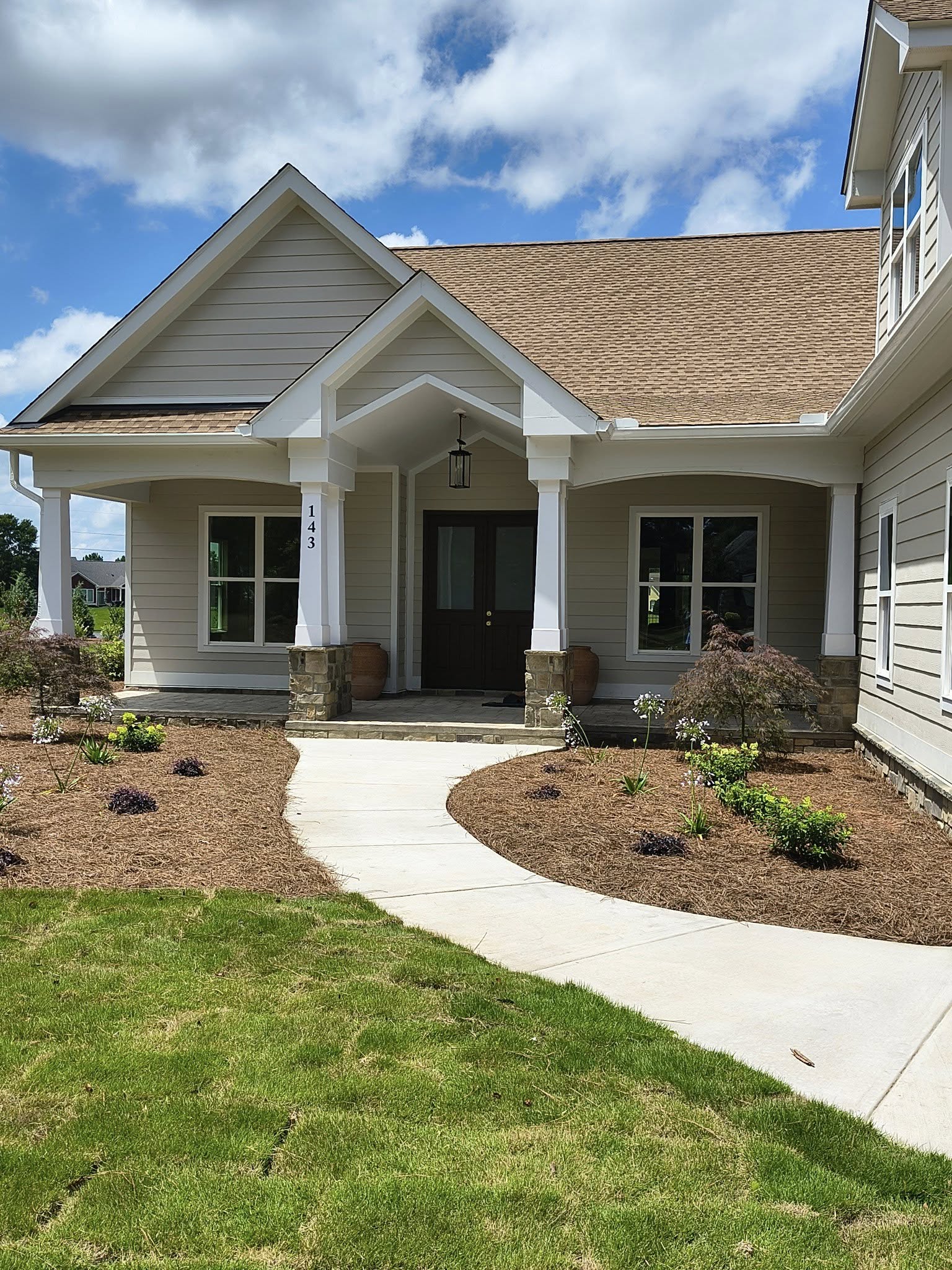
Sustainable Building Practices: A Guide to Eco-Friendly Construction Sep 01, 2025
Understanding the fundamentals of sustainable building begins with the choice of materials. Opting for renewable resources like bamboo or recycled steel can significantly reduce the environmental impact. These materials tend to have a longer life span and require less energy to produce, making them a staple in eco-friendly construction.
Energy efficiency is another crucial component. Implementing energy-efficient systems such as solar panels or geothermal heating can drastically reduce energy consumption. By designing buildings with natural lighting and optimal insulation, the need for artificial light and heating is minimized, leading to long-term savings and reduced carbon emissions.
Water efficiency is equally important in sustainable building practices. The installation of low-flow taps and toilets can decrease water usage substantially. Harvesting rainwater for irrigation and utilizing greywater systems for non-potable applications further conserves this precious resource. These simple yet effective strategies ensure that buildings operate efficiently, without depleting water supplies.
One cannot overlook the importance of sustainable design in new construction. Orientation plays a significant role in maximizing cross-ventilation and natural light, enhancing energy efficiency. Green roofs and walls not only provide insulation but also improve air quality and reduce the urban heat island effect. Designing for longevity means considering the adaptability and scalability of the building, allowing for future changes without extensive renovations.
Waste reduction is also a key objective in sustainable construction. Adopting pre-fabricated elements can diminish waste generated on-site. Moreover, recycling construction materials such as concrete, wood, and metals can prevent unnecessary landfill use. Efficient project management ensures every piece is used purposefully, fostering an environment of resourcefulness.
Financial incentives further highlight the appeal of sustainable construction. Many local governments offer tax rebates and subsidies for buildings that meet eco-friendly standards, such as LEED certification. This not only makes sustainable choices more accessible but also increases a property’s value due to its reduced operational costs and improved marketability.
The societal benefits of sustainable building practices extend beyond mere environmental impact. By prioritizing healthy indoor environments, these practices promote better air quality and natural light, key factors for enhancing occupants’ wellbeing and productivity. Buildings that incorporate biophilic design, which connects people with nature, have been shown to reduce stress and improve mental health.
Batchelor Construction is committed to providing our clients with innovative, sustainable solutions that not only meet but exceed environmental standards. Our approach acknowledges the integral role of each stakeholder, from designers to builders, in shaping a greener future. Embracing these eco-friendly practices means not just reducing our ecological footprint, but also setting a precedent for future generations.
In conclusion, sustainable building practices offer a comprehensive approach to eco-friendly construction. By making thoughtful choices in materials, energy and water efficiency, design, and waste management, Batchelor Construction helps pave the way for a more sustainable industry. As we move forward, it is crucial for everyone involved in the construction process to join in the commitment to a more sustainable future—an effort that benefits not just the planet, but us all.
/filters:no_upscale()/media/SKFITLMY4WH3PAOJP1KVI4AI1VJUOB338T72BNQ8.jpeg)